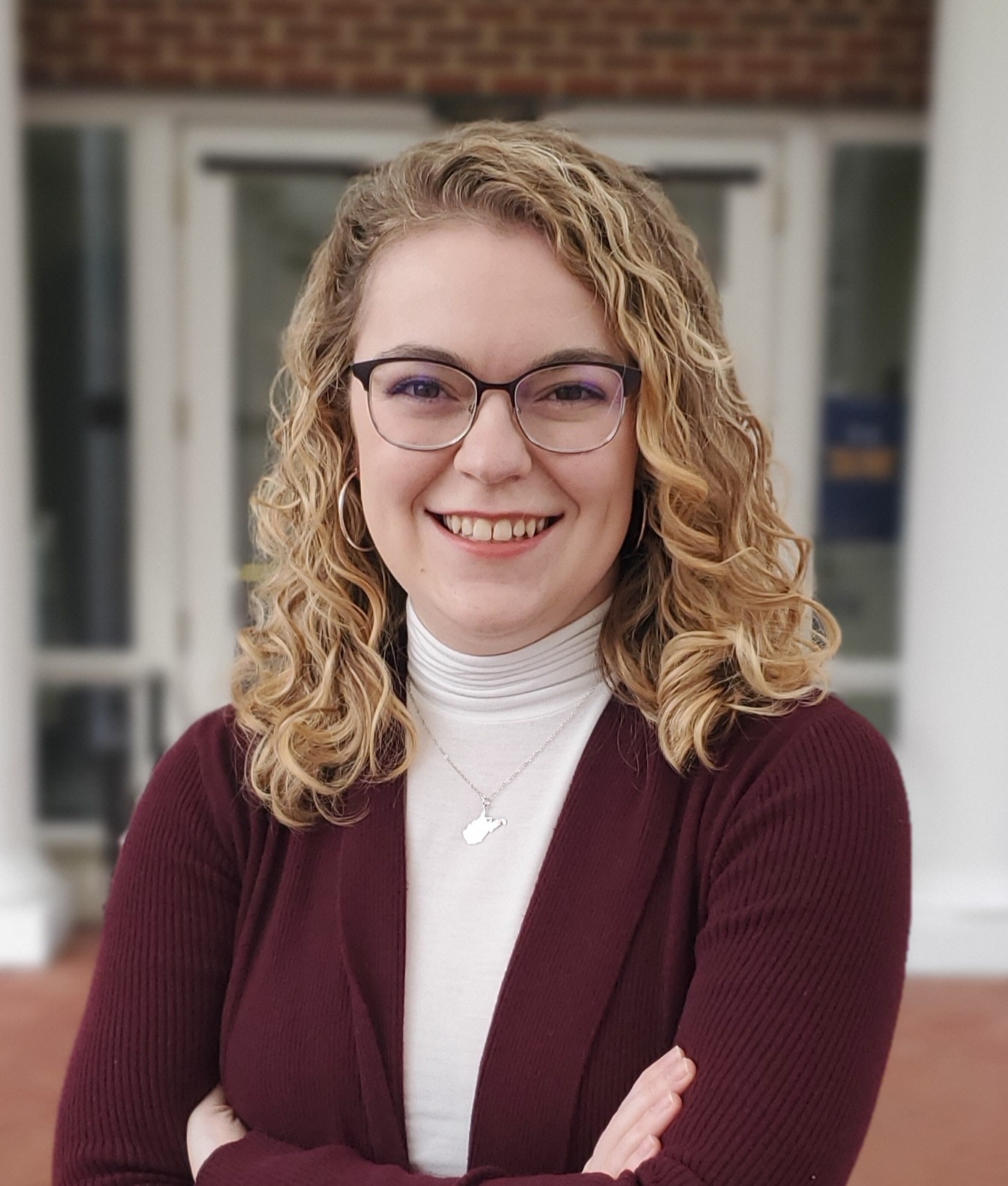The last few years have seen an exciting influx of federal investments in important community infrastructure projects. Water, broadband, energy efficiency, and transportation are all priorities in recent federal funding packages. The question for rural communities like ours, which have lost out on government funding in the past, is this: How do we make sure we’re not left behind this time? How do we make sure our communities get access to funding for the projects we need?
The Justice40 Initiative was created to answer just that question. Justice40 is a whole-of-government effort to direct 40% of benefits from federal investments toward low-income communities which have been disproportionately impacted by pollution, climate change, and environmental disasters – communities like many of ours in Greene and Washington Counties. Justice40 is an important framework for administrative agencies to be intentional about how they are investing in communities which have been overlooked in the past, and the benefits could transform the quality of life in our area.
More than 400 programs have been announced so far to implement Justice40, and additional lists of programs across government agencies will be announced in the coming months. These lists represent a patchwork of programs available for state and local governments, school districts, small businesses, families, and more. Justice40 funds can be used to improve water quality, retrofit homes for greater energy efficiency and lower electric bills, and even purchase more efficient school buses to decrease the amount of pollution to which kids are exposed. Between the huge variety of programs and the intent to benefit communities like ours, Justice40 has the potential to make a major impact in our counties.
However, administrative agencies have to determine how to implement the Justice40 goals for each of the 400 programs. How to define what constitutes a “disadvantaged” community, what are the “benefits” of investments, and how to quantify 40% of the benefits are all complicated questions that have to be answered on a program-by-program basis.
At the moment, the primary tool that is being used to identify disadvantaged communities is the Climate and Economic Justice Screening Tool (CEJST) developed by the White House Council on Environmental Quality. It identifies communities which meet thresholds in at least one of the following categories: climate change, clean energy and energy efficiency, clean transit, sustainable housing, legacy pollution, clean water and wastewater infrastructure, health burdens, and workforce development. Currently, CEJST excludes all communities in Greene County but includes several communities in Washington County for Justice40 eligibility. However, this is only a beta version of the tool, and additional guidance from the Council on Environmental Quality will be published in the coming months.
Justice40 is still very much a work in progress, and it will be what communities and advocates make of it. J40 programs represent billions of dollars of investments that could help strengthen our infrastructure, improve our water and air, or decrease electric bills for families. It takes more than a good concept to make a policy work, however, and there is abundant opportunity to influence its implementation. For example, CCJ has already submitted recommendations to ensure that Greene and Washington Counties are counted among the eligible communities defined by CEJST. Agencies are also looking for feedback on how to define what makes an impactful investment in the community. If we want to reap the benefits of Justice40, we have to make sure that our voices are heard when it is being implemented.
To learn more about how Justice40 and other recent federal investments could help your community, check out the recording of our recent Local Government Federal Funding Workshop above.
If you have feedback you’d like to share on Justice40 or one of its programs, you can contact our Greene County Organizer Tonya Yoders at tonya@centerforcoalfieldjustice.org and we will help you submit a public comment.

